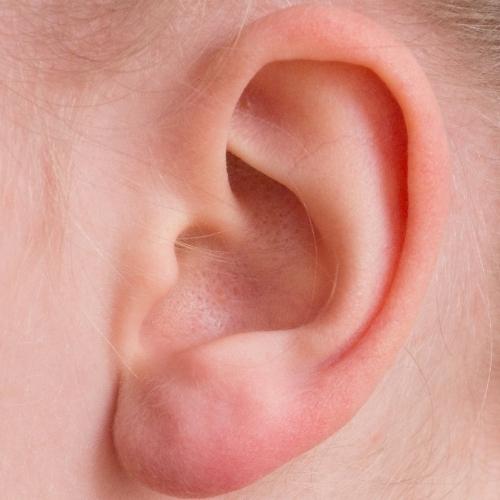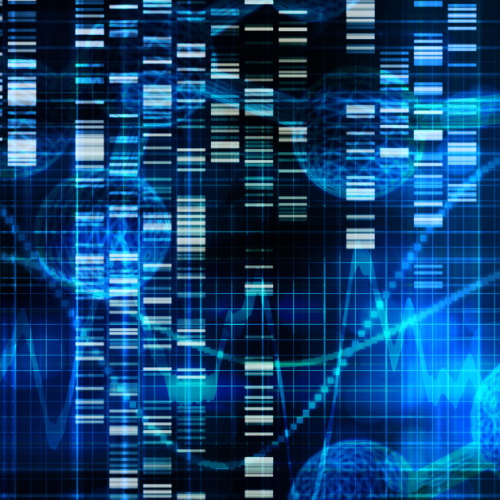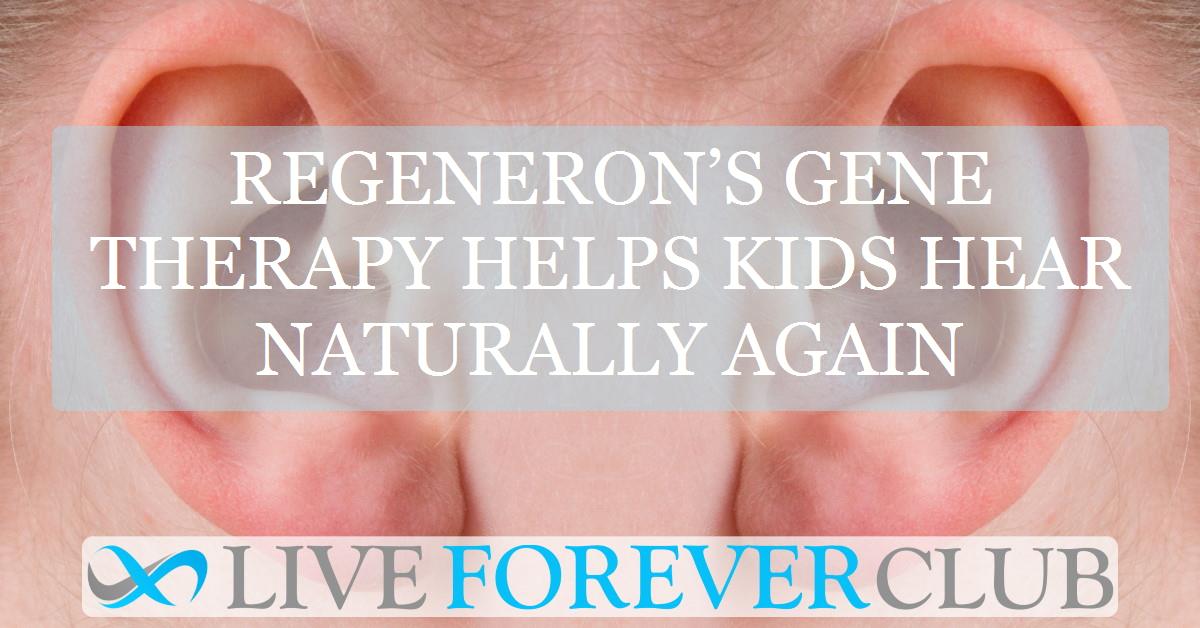Key points from article :
Regeneron has amplified optimism in the biotech world. The company recently shared new data from its phase 1/2 CHORD trial, showing encouraging results for DB-OTO, a gene therapy targeting a rare genetic form of deafness in children.
DB-OTO, originally developed by Decibel Therapeutics and acquired by Regeneron, aims to fix a missing protein crucial for ear cell communication. Earlier results showed 10 of 11 children gained hearing. The latest update confirms similar success—nine of twelve young patients met the main efficacy target after 24 weeks.
Three children received the therapy in both ears. Only one child did not respond and later received a cochlear implant, the current standard. However, experts say DB-OTO could surpass implants by restoring the ear’s natural sound mechanism instead of relying on mechanical signals.
Speech improvements appeared quickly, surprising researchers. One four-year-old’s progress matched children who typically receive cochlear implants much earlier. This suggests the therapy may speed up developmental milestones related to language and communication.
Some patients showed minor declines in high-frequency hearing, likely due to environmental factors or procedure variability. These issues were managed successfully, with most hearing restored using steroids.
Safety outcomes were strong. Temporary dizziness occurred in a few patients, but no long-term balance issues appeared. Researchers called the procedure similar to that used for cochlear implants.
DB-OTO targets only about 30 to 50 children annually in the U.S., but its impact could be far greater. Scientists view it as a proof of concept for treating other forms of genetic deafness.
Regeneron plans to file for FDA approval later this year. If approved, DB-OTO could redefine how gene therapy restores one of humanity’s most vital senses—hearing.






